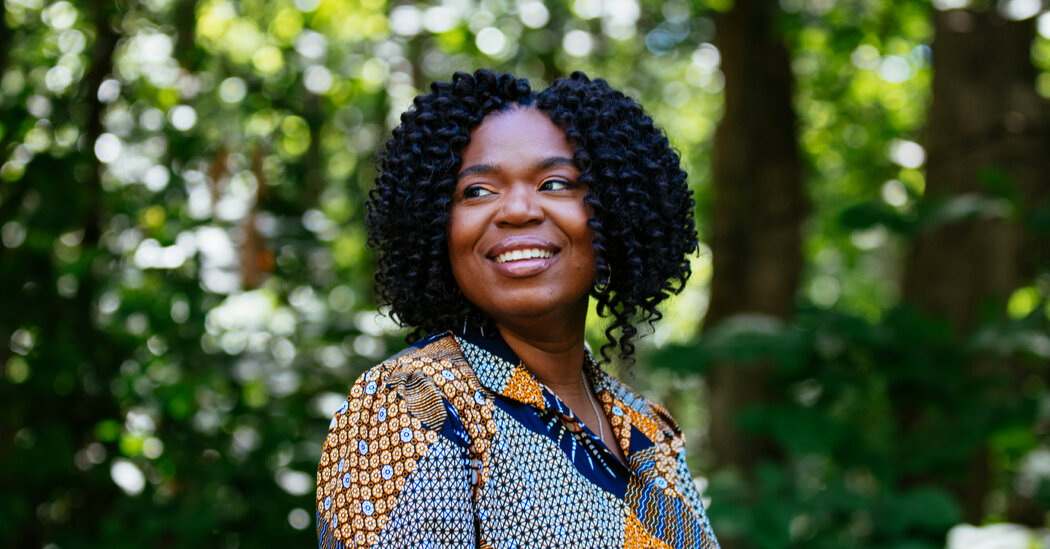
When I was interviewing directors, I asked the question, “What is your definition of the female gaze?” And for some reason, a lot of the men that I was interviewing didn’t necessarily have answers. But the women did, I think because they had their own experiences of being objectified.
One thing we like to do is a lot of P.O.V. shots. We like to put the camera right behind our female characters, so you really feel like you’re experiencing her environment with her. We try not to cut off a woman’s body. We never focus on what a woman’s body looks like. We focus on what a woman’s body can do. We center the dance and the skill that it takes to do these dances.
That said, sometimes we do have to use an objectifying lens within our show, especially if we are walking into the club with one of our male characters. It’s like — well, what is he focusing on? What is his P.O.V.? It might just be her breasts.
There’s also a long history of presenting Black women in a hypersexualized way that you must have had to contend with. How did you talk to your writers’ room about that, and how did you think about it yourself?
I’m so aware of the history of hyper-sexualization in American culture and in the media when it comes to Black women. I have a little Black girl now, so part of me is like, Oh my god, she’s going to grow up and see “P-Valley,” so you have that moment of like — did I contribute to and perpetuate a hypersexualized image of Black women?
For me, it’s a tough tightrope to walk, and that’s why I lead with humanization and love when I write about this world and these characters. These women exist, and just because they’re doing a job that is a type of sex work, that doesn’t mean they should be denigrated. That doesn’t mean they’re not worthy. That doesn’t mean their story isn’t worthy of being told.
So much of what happens at The Pynk is in some way political. Is sex ever apolitical?
Yeah, exactly. It’s always a transaction. I feel as though women who are dancing at the margins have so much to say about freedom, have so much to say about having power over women’s bodies. They are at the middle of it all. It was kind of my responsibility, I think, as a woman, as a Black woman with a platform, with this gift of storytelling, to be able to put forth an extremely nuanced articulation of their experience. I think that the truthfulness and brutal honesty of the story is able to combat a stereotypical idea of what Black womanhood is.




